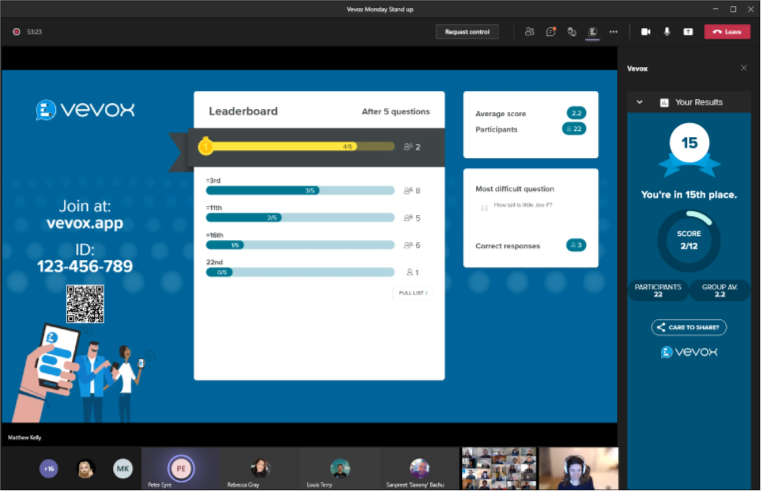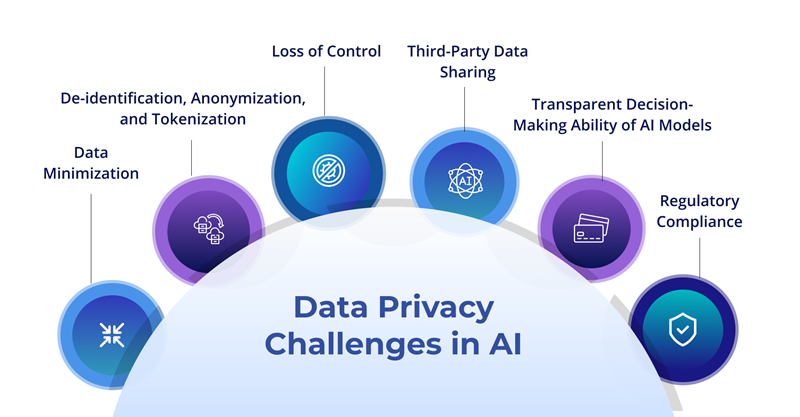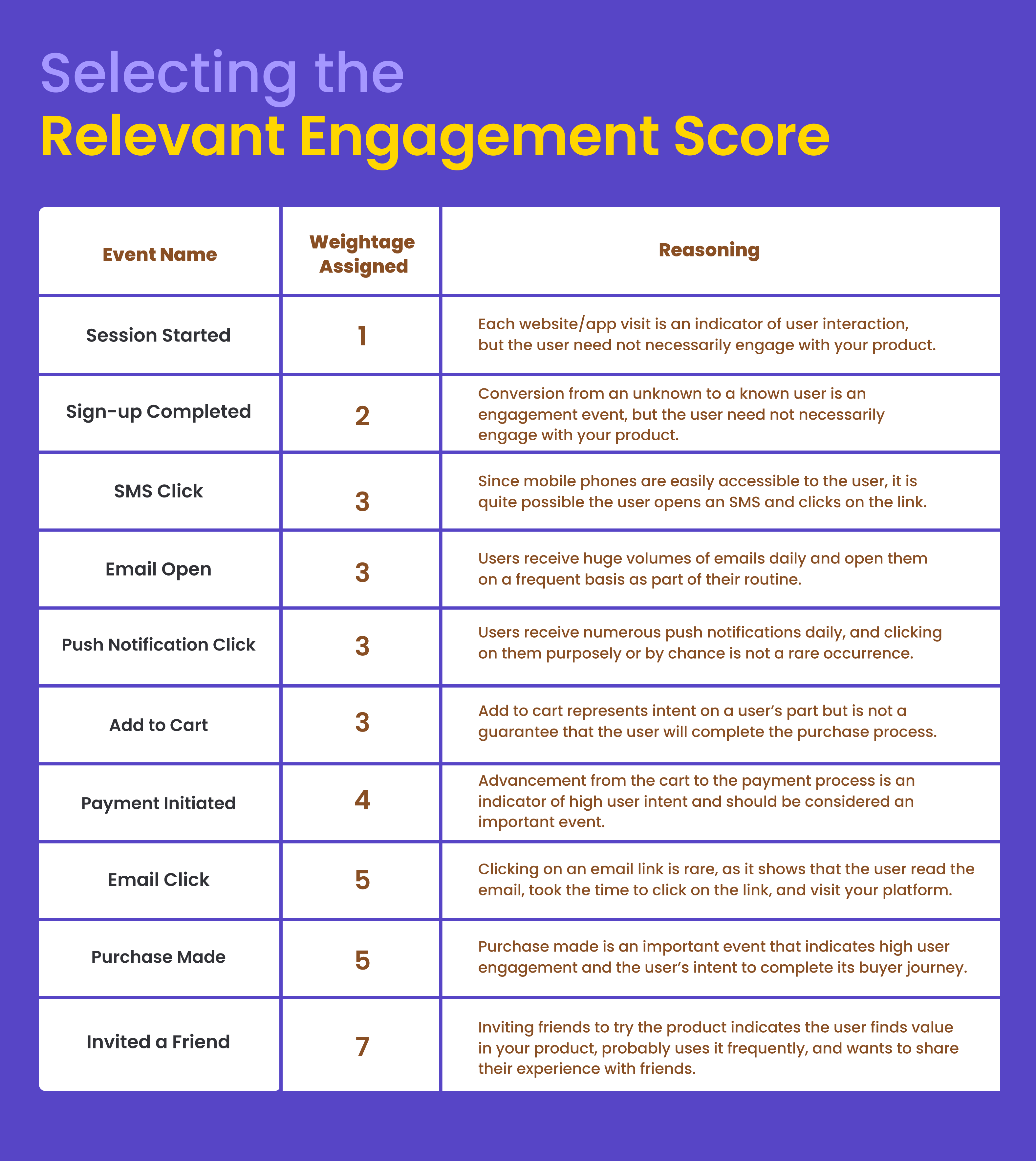In today's rapidly changing digital landscape, AI-powered interactive content, especially in the form of quizzes and polls, has emerged as a powerful tool for engaging audiences. By integrating artificial intelligence into these formats, you can enhance user experience, tailor content to individual preferences, and efficiently track engagement metrics. As a digital marketer or content creator, you might be looking for ways to leverage this technology to improve engagement, streamline content creation, and analyze user interactions. This guide will help you understand how to effectively implement AI in dynamic quizzes and polls, making your content not only more engaging but also more impactful.
Research reveals that over 75% of businesses are expected to utilize AI to enhance their content creation processes by 2024. AI can significantly reduce content creation time—by as much as 80%—and enable deeper personalization in audience interactions. Let's explore the best practices and techniques for utilizing AI in your interactive content.
Personalization and Adaptivity in Quizzes
Personalizing content has become essential for boosting user engagement. With AI, you can adjust quizzes to align with the behaviors and preferences of each user. This approach involves analyzing individual responses and then tailoring the difficulty and content of the quiz according to the learner's needs.
Adaptive testing technologies can modify the types and complexity of questions based on previous answers. This not only improves the user's experience but also enhances knowledge retention. Research indicates that AI can decrease test times by up to 50% while increasing accuracy, making assessments more efficient for both educators and learners.
To make your quizzes more engaging, consider adding personalized elements. By understanding your user’s background or preferences, you can create questions that resonate with them. Monitoring and analyzing user behavior through AI provides insights into what works best for your audience.
Image: Engagement scores chart showing personalized quiz effectiveness
Chart comparing user engagement scores for personalized vs. non-personalized quizzes (Source: WebEngage)
Real-Time Feedback: The Key to Enhanced Learning
One of the standout features of AI-driven quizzes is the ability to offer real-time feedback. Instant corrections empower users to learn more effectively during their interactions, helping them understand and rectify mistakes promptly.
AI technologies that employ natural language processing can analyze complex responses, moving beyond the limitations of traditional multiple-choice formats. This adaptability allows for more diverse question types, such as short answers and open-ended queries. With these capabilities, AI not only enhances learning outcomes but also fosters a deeper understanding of the material.
Research indicates that the instant feedback provided by AI improves engagement and overall learning experiences, leading to better performance results.
Image: Quiz interface providing real-time feedback
 Screenshot of a quiz interface showcasing real-time feedback features (Source: Vevox)
Screenshot of a quiz interface showcasing real-time feedback features (Source: Vevox)
Creating Interactive Elements with Multimedia
Adding multimedia elements to your quizzes can greatly enhance user engagement. Incorporating visuals such as images, audio, and videos allows your interactive quizzes to cater to various learning styles, making the content more dynamic and enjoyable.
Research suggests that interactive quizzes utilizing multimedia can improve user retention rates by up to 20%. However, it’s crucial to find a balance when integrating these elements to avoid overwhelming users. Start by incorporating relevant images or brief videos that complement the questions you pose.
Consider gamifying your quizzes as well. Adding a competitive aspect, such as points, badges, or timed challenges, can motivate users to fully engage with the content. This approach can lead to higher completion rates and greater word-of-mouth referrals.
Image: Interactive quizzes with multimedia elements
 Examples demonstrating multimedia integration in interactive quizzes (Source: FasterCapital)
Examples demonstrating multimedia integration in interactive quizzes (Source: FasterCapital)
Leveraging AI Analytics for Data-Driven Insights
Utilizing AI tools to analyze quiz performance is essential for enhancing your content strategy. These analytics can provide valuable insights into user engagement, completion rates, and overall effectiveness. By tracking user interaction, you gather comprehensive data that reveals patterns and preferences.
Integrating your quizzes with existing analytics platforms, like Google Analytics, allows you to bolster tracking capabilities. Companies successfully employing AI-driven analytics often report conversion rates that are 30% higher due to interactive content. This data can illuminate audience behavior and inform future content development.
Image: User engagement metrics graph
 Animated graph showcasing trends in user engagement metrics (Source: UserPilot)
Animated graph showcasing trends in user engagement metrics (Source: UserPilot)
Addressing Ethical Considerations and Data Privacy
When implementing AI-driven quizzes, addressing the ethical implications of data collection and privacy is critical. Navigating this landscape can be challenging, but it’s essential for ensuring that users feel safe and informed about how their data will be handled.
According to research, 59% of educators express concerns about data privacy, and 70% of consumers are anxious about how AI companies utilize personal information. Establishing transparent data usage policies and obtaining informed consent can alleviate these fears, showing that you prioritize user rights.
It’s also important to be mindful of algorithmic biases to ensure that your AI systems minimize inaccuracies that could disadvantage user groups. Keeping ethical considerations front and center will help you build trust and improve engagement.
Image: Data privacy illustration in AI applications
 Diagram depicting usability versus data privacy concerns in AI applications (Source: Fortanix)
Diagram depicting usability versus data privacy concerns in AI applications (Source: Fortanix)
Integration Strategies for Improved Impact
Integrating AI quizzes with your existing marketing and educational tools can help you maximize their impact. Consider leveraging Customer Relationship Management (CRM) systems and email marketing platforms to automate follow-ups and personalize communication based on quiz results.
For example, incorporating platforms like Salesforce or HubSpot allows for automatic updating of customer profiles with insights from your quizzes. Businesses that implement these integrations often observe improvements, such as a 50% spike in email open rates.
Furthermore, tracking quiz performance with analytics tools provides deep insights into user behavior, which can significantly enhance your strategic approach.
Image: Marketing funnel diagram for AI quizzes
 Illustrative diagram showing the integration of AI quizzes into existing marketing funnels (Source: Involve.me)
Illustrative diagram showing the integration of AI quizzes into existing marketing funnels (Source: Involve.me)
Key Metrics to Measure Effectiveness
Measuring how effective your AI-powered quizzes are requires monitoring specific key performance indicators (KPIs). These metrics should be customized to your objectives, whether in educational or marketing contexts.
In educational settings, focus on knowledge retention rates and performance improvements following quizzes. For marketing initiatives, track conversion rates and the quality of leads generated through quiz interactions. Aligning these metrics with your broader strategic goals ensures accurate assessment and enhancement of your quizzes' impact.
Research also indicates that AI can reduce grading time by up to 50%, allowing educators to allocate more time to direct interactions and support, ultimately improving the learning environment.
Image: Summary table of key metrics
 Comprehensive table summarizing key metrics for tracking success (Source: Website Files)
Comprehensive table summarizing key metrics for tracking success (Source: Website Files)
Conclusion
Incorporating AI-powered interactive content into your quizzes and polls can significantly enhance how you engage with your audience. From personalized experiences to real-time feedback, the opportunities to deepen learning and improve marketing effectiveness are substantial. By focusing on data analytics and ethical considerations, you can create a trustworthy environment that fosters meaningful interactions.
As you implement these strategies, remember that the use of AI is not solely about automation; it’s about nurturing connections with your users. Stay in tune with your goals and the needs of your audience, and you will likely see higher engagement and satisfaction. This approach is not merely about producing content; it’s about advancing how you connect with others.
By following the guidance in this article, you can effectively harness AI in your interactive content strategies, setting the stage for successful engagements and improved outcomes in both education and marketing contexts.

Comments (0)
Sign in to participate in the discussion or .